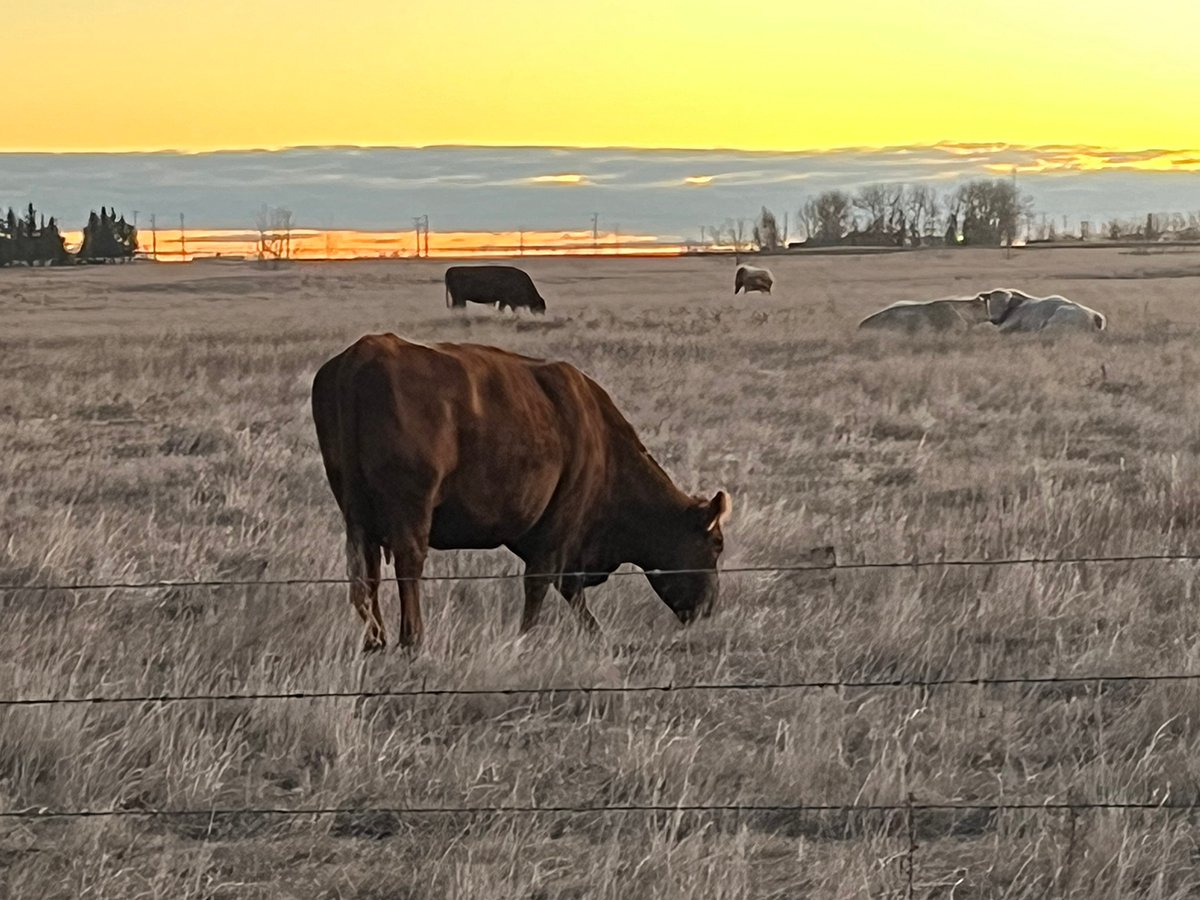EDMONTON — Lakeland College emphasizes learning by doing through student-managed farms.
In keeping with that mission, this year the college at Vermilion, Alta., started a student-managed livestock applied research team.
The project involves a herd of 50 Angus replacement heifers, which will be part of feed efficiency projects and will be involved in future studies to provide information to cow-calf and feedlot operators.
“I am hoping we can tie that feed efficiency in with the grazing site,” said Geoff Brown, program head of animal science technology.
Read Also

Animal protection delivery to change in Saskatchewan
The Saskatchewan government is looking for a new agency to handle animal welfare after Animal Protection Services of Saskatchewan decided not to renew its contract next year.
Working with Dr. Susan Markus from Alberta Agriculture, the students will help evaluate the impact of selecting cattle for feed efficiency.
The cattle will be placed into an extensive grazing program and over time the genotyped heifers will be ranked for low, medium and high feed efficiency. This is a commercial herd and they have been bred to genotyped bulls.
Researchers want to see how accurate genotyping is when compared to physical data, such as weaning weights, calving and reproduction.
“In the crossbred cattle, (genotyping) is not translating over as well as it does with purebreds. There is still some work to be done in terms of getting accurate numbers,” Brown said.
The animals have grazed corn and grass with a plan to keep them on pasture year round. The difficulty will be figuring out how much grass the animals are eating and how much they are gaining, said Brown.
The cattle were on display at Farmfair International, which was held Nov. 9-13 in Edmonton.
The college has student-managed divisions that include purebred, commercial, dairy, sheep and research.















